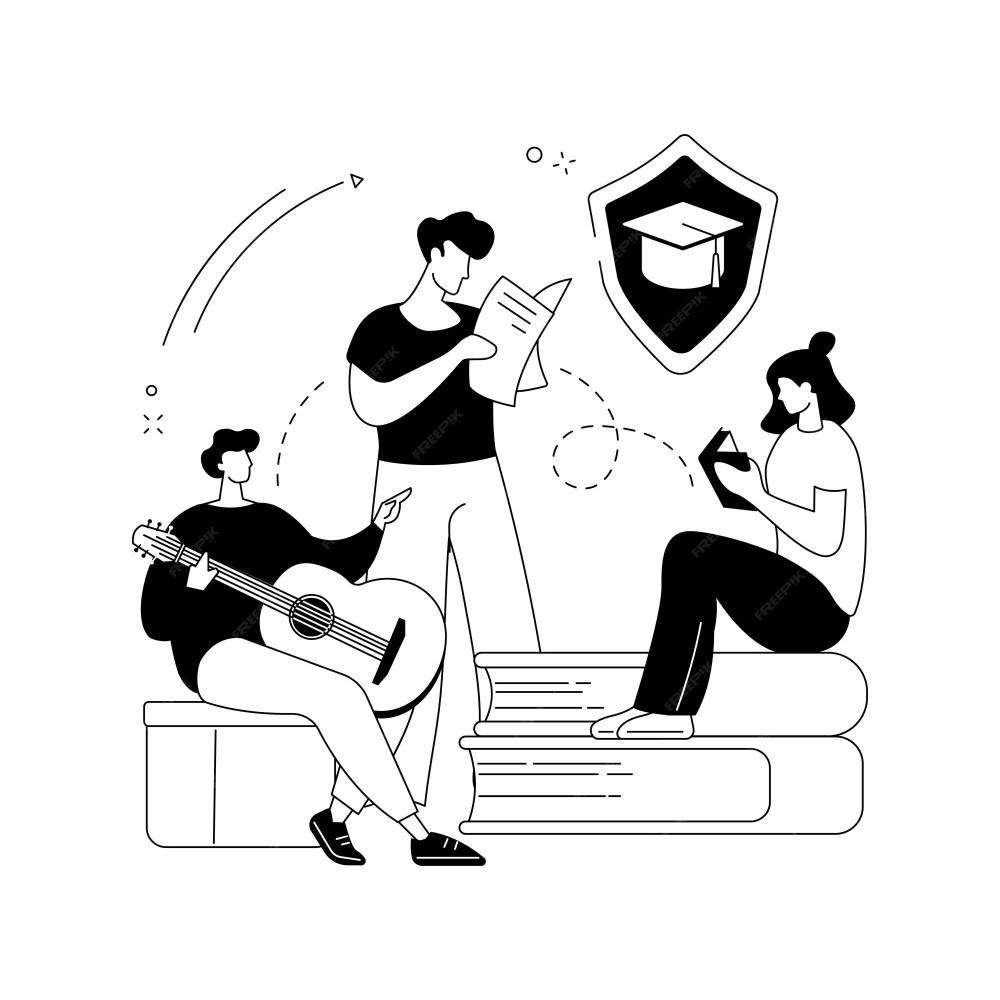College students are up against a lot. It seems like life is a game of trying to balance school, work and a social life. This balancing act certainly is not unique to college students today, but what is unique is the lack of participation among current college students in student-run organizations. I think some of the primary reasons for this are time constraints and reliance among one or two of the leaders of the group. I’ve participated in five different groups during my time at the University of Northern Colorado, and while some are faring better than others, each group is certainly facing its difficulties.
During the end of my freshman year, I added a journalism major on top of my already existing theater studies major. I remember following all of the University of Northern Colorado journalism social media accounts, and when I saw a flier for our broadcast news club, Bear News, I decided to go. Despite being nervous about joining something new, it was a good chance to meet people, and in the worst-case scenario, it would look good on my resume.

When I showed up, there were probably around a dozen of us. I was one of the younger members of the club, which was mostly filled with juniors and seniors. Our first meeting was largely insignificant in the grand scheme of things, but the growth that I made the rest of the semester because of Bear News was not. The help and knowledge I gained from the club’s faculty adviser and my older peers was invaluable. I had the opportunity to create video stories and anchor, among other things. That experience ultimately helped guide me to figure out what I want to do post-graduation.
The following fall, most of my older peers had graduated, but I was excited for another year of Bear News. Once again, the flier for our first meeting of the year hit Instagram and I attended. This time, with a smaller group of students. There were only about seven of us now. That was when the trouble started.
As a leader of a large group, you can struggle with having “too many cooks in the kitchen.” The problem with the smaller group size is quite the opposite - there were not enough cooks in the kitchen and things were burning. It quickly became clear to me that the community feeling that I had come to love from Bear News was no longer there. It was replaced by a sheer need to get enough done - to get enough stories recorded and written - to produce our broadcast. Rather than having time to work with my peers and help them in the same way I had been helped before, every week in Bear News was a test to see how quickly I could speed through the jobs of multiple people in a single hour. Sadly, I began to dread our weekly meetings, and when Bear News came to a close at the end of the fall, I was relieved.
This year, when it came time to start Bear News, I did not attend our first meeting. While I still wanted to be involved, taking on a leadership role was simply not going to work if it was anything like the year prior. But now, Bear News does not even exist in its usual form. There were not enough people interested.
While this piece is certainly not meant to act as a critical analysis of my time at Bear News, I think my experience there represents some of the reasons students are not joining groups. Students are up against a lot, and when older students who have more homework and more difficult classes also have to bear the weight of guiding and keeping a club together, it creates some resentment for that club. That being said, it’s understandable that there is only so much each student can contribute. Even younger students have a lot of classwork and homework. Apart from that, many students are paying for school themselves, meaning they have to have time for a job. According to the National Center for Education Statistics, in 2020, 40% of full-time undergraduate students were employed, as were 74% of part-time undergraduates. Working often cuts into the time that students have to spend on things for their student groups or attend meetings.
Essentially, there’s a lot of factors that are making it hard for students to participate in groups. That reality is a sad one as there are so many benefits of joining these groups: friendship, learning opportunities and worst-case scenario, it does look good on your resume.

So, the question going forward is, how do we build more interest in these groups and make them more manageable in student schedules?
Shellee Schwartz is a senior journalism and theater studies major at the University of Northern Colorado






